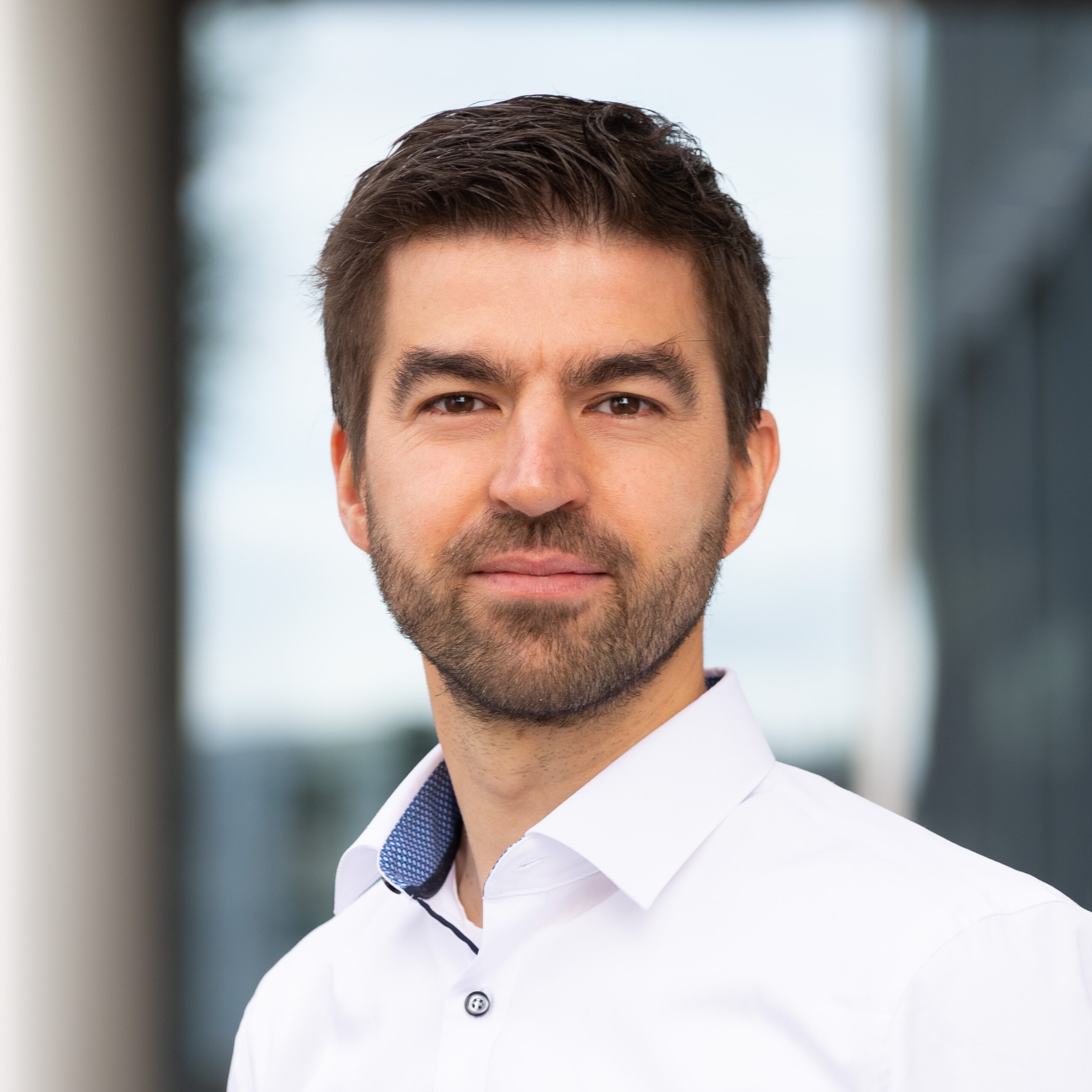Dr.ir. David Vermaas | Delft University of Technology
Scalable cell architectures for CO2 electroconversion
As CO2 electrolysis matures, the step towards scalable stacks becomes more urgent. Practical deployment of this technology brings a series of requirements regarding high current density, low energy consumption, high Faradaic efficiency and long lifetime. The typical challenges in CO2 electrolysis, such as controlling water management, salt deposition, heat management, CO2 utilization and electrode lifetime, confine the cell architectures that have potential to operate at scale in practical conditions. In this talk, I will show the state-of-the-art CO2 electrolysis technology, and indicate the route towards scale-up. What needs to be done for GDE- and MEA-based configurations, and are fully aqueous cells maybe still able to operate at high partial current density? We will show opportunities for development of CO2 conversion towards MW-scale electrolyzer stacks.
Biography
David A. Vermaas obtained a PhD degree in chemical engineering (Membrane Science & Technology, Kitty Nijmeijer) from University of Twente and Wetsus in 2014, after being educated in hydrology and water management (BSc/MSc, Wageningen University). He was involved in the company REDstack, and later co-founded the companyAquaBattery, developing flow batteries using water and salt gradients. David was appointed as assistant professor in 2016, developing the work on Electrochemical Flow Systems at TU Delft. David visited the Berkeley National Lab for a sabbatical visit in 2019-2020, and closely collaborates with several universities in companies. His current projects include an ERC Starting Grant on mass transport enhancement strategies, the ReCoVR project on selective CO capture, and he is coordinating the MELODY projecton developing a membraneless H2-Br2flow battery.
